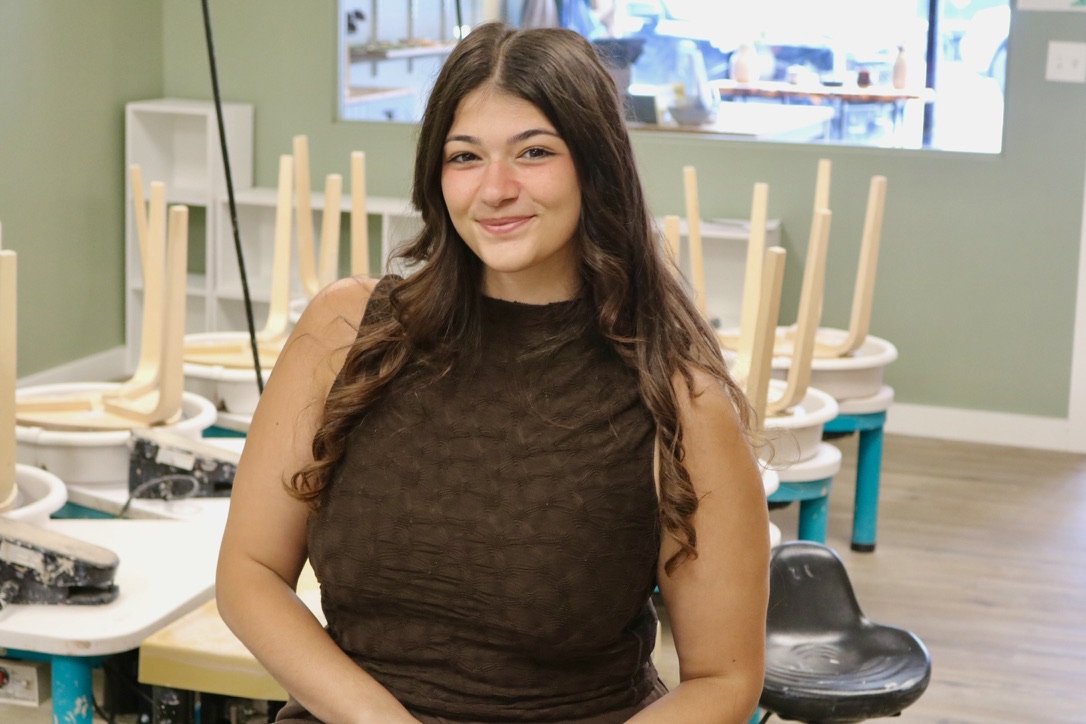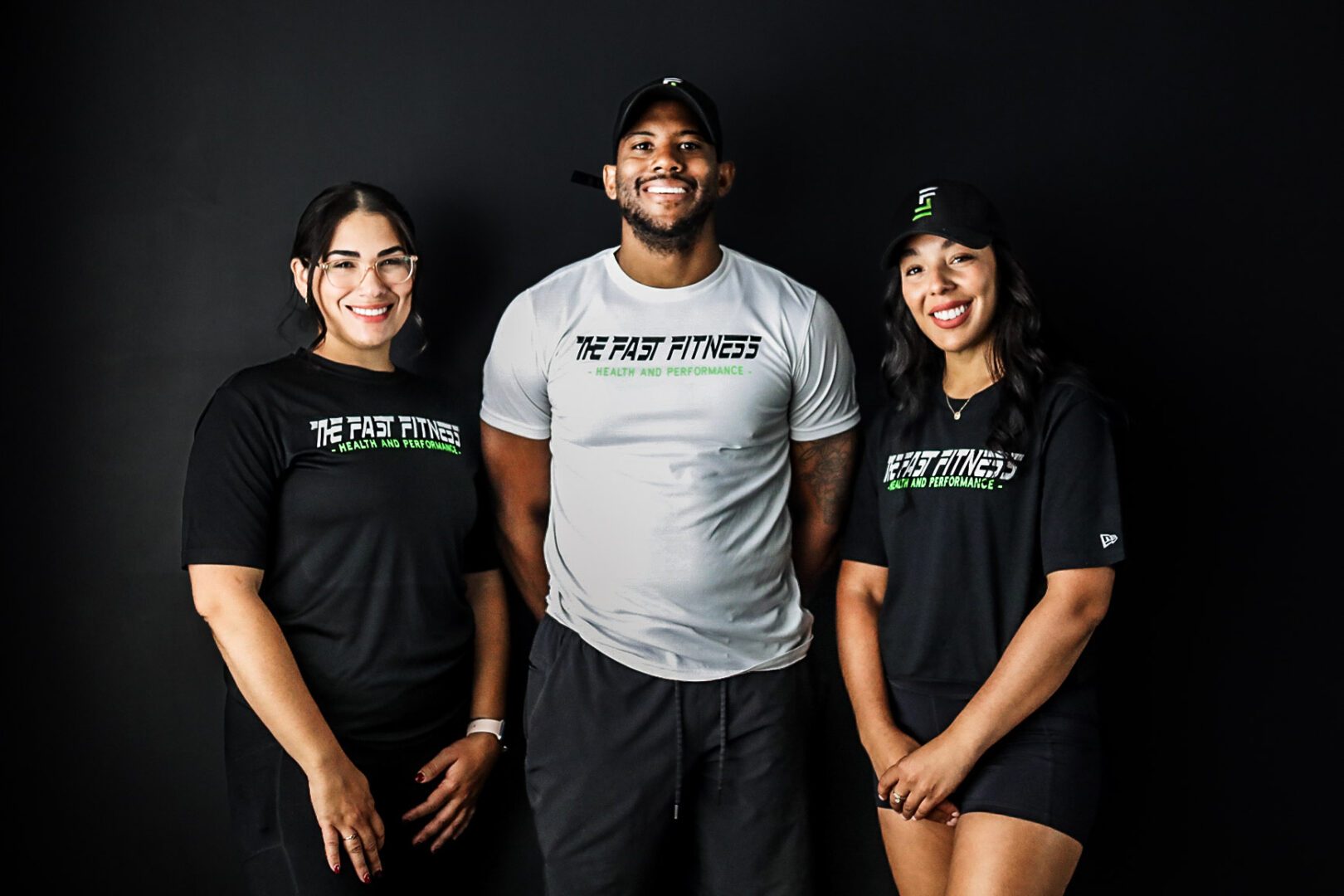We were lucky to catch up with Judith Camann recently and have shared our conversation below.
Hi Judith , thank you for joining us today and sharing your experiences and acquired wisdom with us. Burnout is a huge topic these days and so we’d love to kick things off by discussing your thoughts on overcoming or avoiding burnout
Avoiding Burn Out
Judith Camann
I first began teaching, when public school technology consisted of one mimeograph machine, two office phones and one black & white TV on each floor which balanced on a tall rolling cart. I knew then I never wanted to be the teacher who one day would be whispered about “she used to be an excellent teacher but…” or “If only she had retired sooner when…” Thus, I began implementing strategies to avoid niche burnout my first-year.
It began with language, I was a teacher and I had students in my classroom. They were not “my kids”, “my friends,” “my students.” I claim no ownership. This use of accurate language not only avoids confusion, but it also channeled me to use my educator skills during the school day without drawing resources from the parts of me I reserve for friends, family and social life.
I next layered my professional activities to stretch my neuroplasticity. I earned my National Board Teacher Certification in Exceptional Needs and two Master’s Degrees. The first in counseling. This enabled me to view each student and their families with an additional lens while broadening my scope and interest in human development, the functions of the mind and mental health.
Furthermore, I purposely changed positions every 5-8 years. I oversaw Birth – 5 year old programs, moved to a self-contained program for Kinders-3rd graders with behavioral challenges, now referred to SEL, then on to high school working with teens with academic challenges and finally with those transitioning out of high school and onto becoming responsible, productive community members. I also taught experienced educators seeking professional certification over multiple years as an adjunct at The University of Washington and Seattle Pacific University. These opportunities continually challenged my beliefs and positioned me to grow careerwise.
I next earned the terminal degree of MFA in Creative Writing. Aside from my writing and subsequent publications, I included poetry into my career schema, a different understanding of the use of language and the literary arts.
This brings me to 2023, when after 30 years of teaching, yet before burn out, I retired to open a private telehealth practice as a Licensed Mental Health Counselor Associate in Washington State. I was able to bring decades of therapeutic strategies, experiences with family dynamics, understanding of systems and processes with both individual and group work. Yet, it also put me on a new learning curve of self-employment. I believe I could feel new synapses exploding while allowing me new responses to familiar situations.
Yet, I am a whole person and want to be genuinely present for students and clients, Thus, over the years I analyzed what I knew about poetry, the creative process, therapy and education. I viewed all these components with a fresh lens avoiding stagnation with what I thought I knew. I purposefully individualized and layered this knowledge to promote, healing, self-awareness and personal growth. An eight-year student in a self-contained class struggling with emotional regulation wrote the following poem after a writing session:
My feelings have no color.
They are like little hearts,
empty and hot.
It’s a feeling of mad.
A client lacking words to describe emotions and fears was able to express themselves as a delicate flower planted on the mouth of a volcano after I led them through a series of metaphor exercises. In addition, I now have the privilege of using my poetic prowess and teaching skills to provide CE opportunities to therapists. Ultimately, I was also invited to be an editorial Board Member of the peer-reviewed Journal of Poetry Therapy.
I am also a fabric artist. I took the solo knitting activity into the community. Teaching students with disabilities, I acquired donations of yarn and time. We created a public art display in the Franklin High School patio. Students who traditionally were not included in club and sports were able to stand proudly and own this accomplishment.
In therapy, a client was grieving the loss of a child. I was knitting during one of our sessions.
This is one of my approaches as a kinesthetic learner to be focused while at the same time role-modeling self-care. The client reflected on my knitting. Within three weeks she and her husband began knitting together in the evening as a form of bonding and healing.
So how do I avoid burn-out? I am able to stay energized and rejuvenated because my professions are never about my work. Rather it is about the work of students who pursue knowledge and social skills, clients who desire to explore personal journeys and readers of poetry who endeavor to make meaning and connections. I am nothing more than a simple conduit taking my career seriously, but never myself.

Let’s take a small detour – maybe you can share a bit about yourself before we dive back into some of the other questions we had for you?
I am excited about the intersection of poetry, literary arts and therapy. While networking with a community of likeminded people, I am continually learning. I recently attended and had the privilege of presenting at the National Associate of Poetry Therapy. Passion, professionalism and care filled the weekend. I have so many new strategies to bring to my practice. However, I am roused to explore ways to offer groups to therapists to expand the understanding of poetry therapy.

There is so much advice out there about all the different skills and qualities folks need to develop in order to succeed in today’s highly competitive environment and often it can feel overwhelming. So, if we had to break it down to just the three that matter most, which three skills or qualities would you focus on?
1) Being fearless not reckless
2) Never taking criticism from someone whose advice I would never take
3) Always reaching outside of the box.
For folks early in their journeys I would suggest finding a mentor. Not necessarily someone in the same field of you, but someone whom you admire, have respect for and can balance reality with dreams.

How would you spend the next decade if you somehow knew that it was your last?
If I had a decade of life, I would give up the publishing racket and self-publish to ensure my words live on after me. I would stay close to home; home being friends and family. I would generously share means and time with individuals and organizations. I would eat chocolate, plant Daisys, Sweet Peas and Larkspur, and drink champagne.
Contact Info:
- Website: https://www.judithcamann.com/
- Facebook: Judith Camann
- Other: Psychology Toady Profile and Therapy Contact
https://www.psychologytoday.com/us/therapists/judith-e-camann-seattle-wa/1115635



so if you or someone you know deserves recognition please let us know here.




